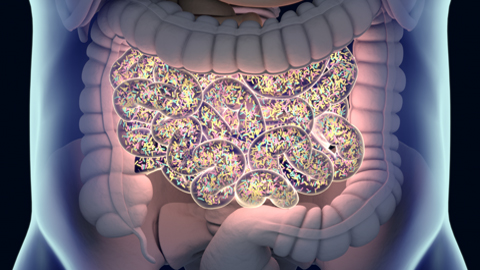Human gut virus found in over one-third of the world's countries

09/07/2019
The research has studied the origin, evolution and epidemiology of the crAssphage virus, discovered in 2014 and which infects anaerobic bacteria found in the digestive tract. The study analysed human and primate faecal samples, wastewater and metagenomes from the microbiota of adults and children around the world, in a global collaboration of more than 115 scientists from 65 countries on six continents.
Bas Dutilh, lecturer at the University of Utrecht and co-leader of the project, comments on what the generalised presence of this virus around the world can explain: “crAssphage does not seem to have any direct effect on our health, for example. But we have found closely related viruses in the faecal samples of gorillas, monkeys and other wild primates. Based on these results, we consider that they have evolved with us for millions of years and have spread with humans throughout the planet”. The researcher highlights the fact that this is “the first time wa have confirmed that the human intestinal virus could be as least as old as the human lineage itself”.
The leader of the project, lecturer Robert Edwards from University of California, San Diego, states that “we are in debt with all of our colleagues around the world who have helped us explore the global diversity of this unique virus”, and pointed out a “worldwide first” in terms of “the global reach and nature of the project".
The UAB involvement included the participation of doctors Montserrat Llagostera and Maria Pilar Cortés, members of the Molecular Microbiology group of the Department of Genetics and Microbiology.
Experts from the universities of Barcelona and Alacant also participated in representation of Spanish universities.
For the experts, crAssphage is a powerful indicator of faecal contamination and human impact and may in the future help scientists manipulate intestinal microbiota by directing it towards harmful bacteria. The use of bacteria viruses as therapeutic agents (phage therapy) is precisely on what the UAB Molecular Microbiology group is currently working.
Original article: Global phylogeography and ancient evolution of the widespread human gut virus crAssphage. 2019. Nature Microbiology.Volume 4 Issue 7. doi: 10.1038/s41564-019-0494-6